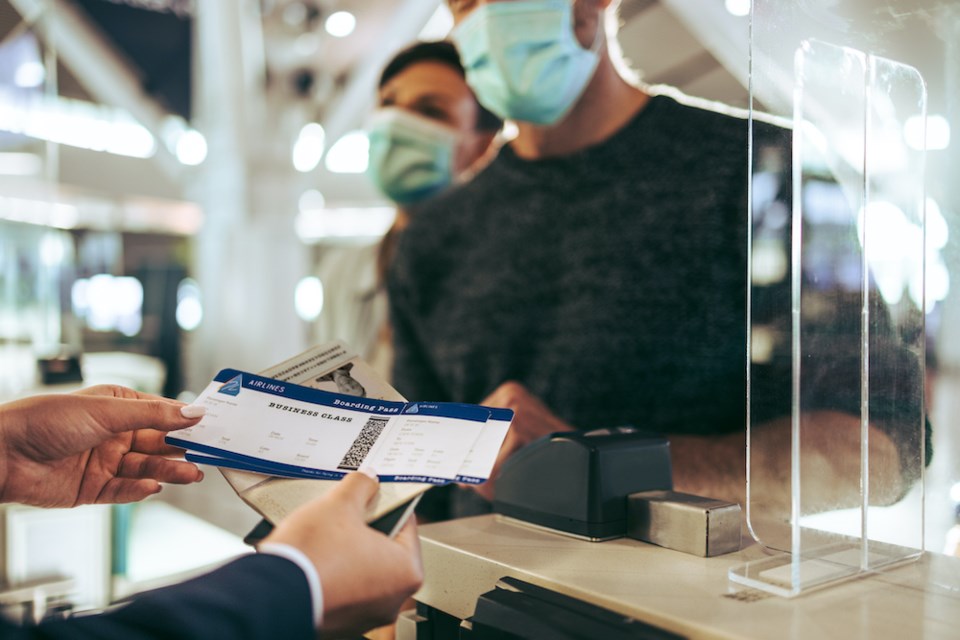Since July 5 at midnight, fully vaccinated travellers
But how many people have had issues with vaccine documents and the federal government?
In June, Canada Border Services Agency (CBSA) spokesperson Jacqueline Callin told Vancouver Is Awesome that the CBSA is "aware that there is no global standard for vaccine documentation, ."
The CBSA will continue to work with "domestic and international partners to detect and intercept such documents as early as possible in the travel continuum," she said.
And the penalty for forging a document comes with a hefty fine of up to $750,000 or six months imprisonment or both.
However, on Tuesday (July 20), CBSA spokesperson Judith Gadbois-St-Cyr told V.I.A. that from July 5 and July 18, 237 travellers arriving in Canada by air and 354 travellers arriving by land were referred to the Public Health Agency of Canada (PHAC) for issues related to their proof of vaccination.
During that time period, PHAC spokesperson Tammy Jarbeau told V.I.A. over 150 travellers entering Canada through British Columbia were referred to PHAC officers for reasons related to proof of vaccine certification.
Jarbaeu said 37 of the travellers arrived by land and 119 arrived by air at the Vancouver International Airport. "Due to data delays and data entry differences, these numbers may underestimate the total number of PHAC interactions related to vaccine certification," she added.
Proof of vaccine certification in Canada
Proof of vaccine certification (PVC) referrals to PHAC may be related to:
- Disagreement between the vaccine status submitted in ArriveCAN and the proof of vaccine certification provided to the Canada Border Services Agency border services officer;
- Vaccinated travellers missing other entry requirements (e.g., valid pre-arrival test);
- Travellers arriving at a port-of-entry on or before day 14 of reaching fully vaccinated status. To be eligible for exemption, the traveller must have been fully vaccinated for 14 days, i.e., exemption begins on the 15th day;
- Travellers arriving without an approved Canadian vaccine (e.g. Sinopharm); or,
- Travellers arriving with a PVC that is not in English, French or a certified translation.
In these cases, the traveller would not be eligible for vaccine-related exemptions, explains Jarbeau.
So far, no fines have been issued for PVC issues at Vancouver International Airport or any B.C. land ports of entry.
PHAC may also see travellers for other reasons related to their vaccination status, such as:
- Public health education for vaccinated travellers (e.g., if a traveller indicates they do not intend to follow public health guidelines);
- Travellers who are unable to submit through ArriveCAN and are claiming an exemption from digital submission; and
- Unvaccinated minors travelling with caregivers who have a mixed-vaccination status, where the discretion of a quarantine officer is required to determine the appropriate place to quarantine.
In these instances, PHAC officials make the final determination as it relates to the public health obligations applicable to the traveller.
Before heading to the border, travellers should get informed and understand their obligations by ensuring their eligibility to enter Canada. The Government of Canada has a website to assist travellers in finding out if they can enter Canada and, if able to enter, what their public health obligations are: .




